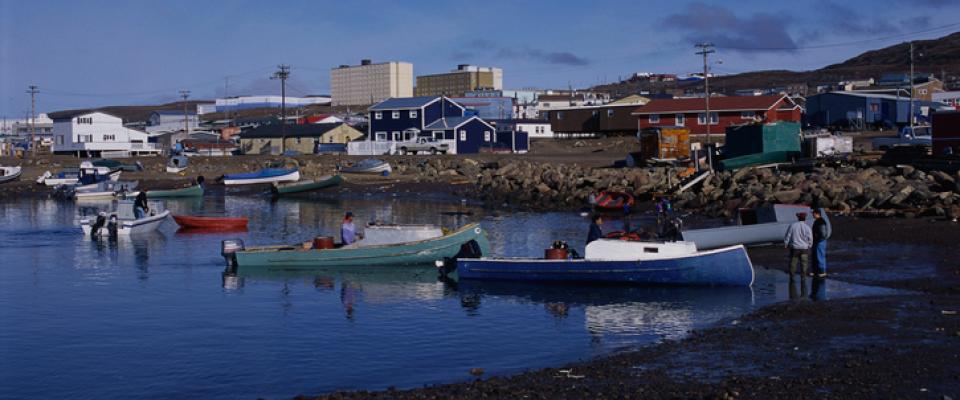The current water emergency in Iqaluit has taken a toll on the physical and mental health of the community. But this isn’t the first time Iqaluit has had to deal with contaminated water and, unless all levels of government take urgent action, this won’t be the last.
This crisis, in addition to the three water crises of the past four years, reveal a chronic problem. Northern communities are affected by aging and poor infrastructure causing water emergencies, and they continue to struggle with water quality and supply issues.
“This crisis is the result of decades of broken promises and ongoing inequalities that Inuit and Indigenous communities face,” says Lorraine Rousseau, PSAC North regional executive vice president. “Why haven’t governments learned from past mistakes and taken the necessary steps to protect our water supplies and the safety of our communities?”
After years of inaction, it's time for municipal, territorial and federal governments to make a serious commitment – with a fixed timeframe – to end the ongoing issues with water quality, contamination, and supply that affects communities throughout Nunavut.
“Water is a basic human right, but right now my family, friends and neighbours don’t have access to it,” says Jason Rochon, Nunavut Employees Union national president. “This wouldn’t be tolerated in any other city in Canada, and it’s unacceptable that it’s come to this. Northern communities deserve better.”
NEU represents most City of Iqaluit employees who are working tirelessly to resolve the situation through investigation, testing and repairs.
Fuel in the water
The most recent crisis started at the beginning of October when the city received complaints of an odour from the water and reports of illness. However, the city didn’t declare a state of emergency until October 12, when a high concentration of fuel was found in a tank that supplies water to the city.
The crisis continues to impact Iqaluit residents, who can’t drink or cook with the tap water – even if it’s boiled. Patients are also being sent out of the territory for treatment because hospital staff can't properly wash their hands or sterilize equipment.
Iqaluit’s state of emergency has now been extended until October 27.
 Member Login
Member Login



